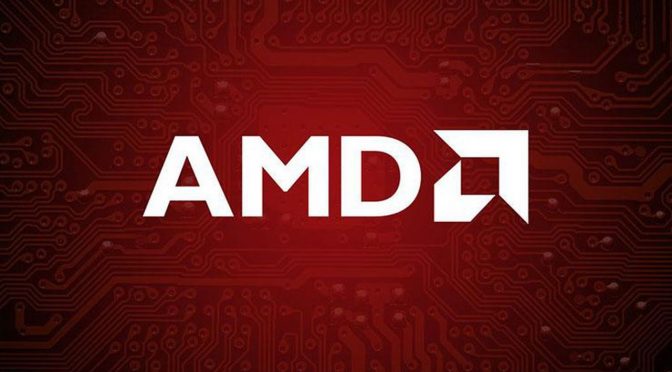It seems that AMD is not slowing down and wants to keep its momentum after releasing its Zen 2 desktop processors. At its 2nd generation EPYC processor launch event, the red team revealed that it has completed the design phase for Zen 3.
Since the design phase of Zen 3 is complete, AMD could release the first Zen 3 CPUs in 2020, with Zen 4 succeeding them in 2021. AMD has not clarified whether the first Zen 3 CPUs will target datacenters/enterprises or clients/gamers. Moreover, the 2020 target window is not official yet.
From what we know so far, the “Zen 3” microarchitecture is designed for the next big process technology change within 7nm, EUV. This will allow significant increases in transistor densities, and may bring big improvements in energy-efficiency. Zen 3 CPUs could also feature a new ISA instruction-sets.
On the other hand, the Zen 4 architecture likely targets a 2021 market debut. By that time, the 7nm process will have matured and attained high enough volumes at TSMC. Unfortunately, though, we don’t have any additional details about Zen 4.
Speaking of Ryzen CPUs, I should most probably give you an update on our Ryzen PC system. Unfortunately, AMD’s latest Ryzen CPUs are still not available in Greece. Not only that, but the components are really overpriced here. What this means is that with the same amount of money, we can build an Intel i9 9900K system. Therefore, and if AMD’s Ryzen CPUs are still unavailable until September, we’ll build an Intel i9 9900K system.
Kudos to our reader Metal Messiah for bringing this to our attention!

John is the founder and Editor in Chief at DSOGaming. He is a PC gaming fan and highly supports the modding and indie communities. Before creating DSOGaming, John worked on numerous gaming websites. While he is a die-hard PC gamer, his gaming roots can be found on consoles. John loved – and still does – the 16-bit consoles, and considers SNES to be one of the best consoles. Still, the PC platform won him over consoles. That was mainly due to 3DFX and its iconic dedicated 3D accelerator graphics card, Voodoo 2. John has also written a higher degree thesis on the “The Evolution of PC graphics cards.”
Contact: Email

